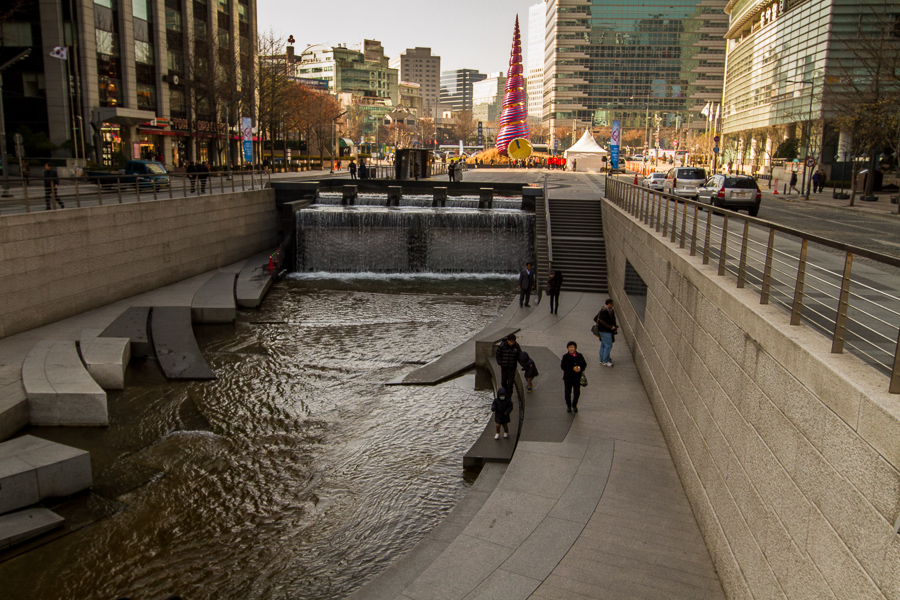Now that I've slept on it, I see it's possible I was a wee cranky yesterday. After a good night's sleep, for instance, I realize I don't hate my Windows phone (but it does annoy me frequently).
But also upon waking up I read Andrew Sullivan's reflections on visiting London he published a few hours ago. He wrote:
Beneath the packed busy streets, there’s a quiet, low-level order that can become so familiar you lose sight of it. On the tube, for example, despite being crammed in like a container of skinny McDonald’s fries, people actually wait for passengers to get off the train before getting on (with some helpful corralling from conductors). On the escalators, people reliably stand on the right, while the left lane is for striders. Parks are ubiquitous, and convey a constant sense of the English countryside in the densest of urban neighborhoods. Buildings, from domestic architecture (I was constantly struck by simple Georgian beauty or Edwardian elegance) to commercial buildings (some of the new structures are breathtakingly good), are not obviously disposable or purely utilitarian. The exceptions are those constructed when post-war austerity met architectural isms – but mercifully those are slowly being demolished. The resulting affect is a constant struggle for a livable city, as well as a workable one. Maybe that is what has made London perhaps the premier global city. The whole world can find a home here and increasingly does, from the newest Polish immigrant and Brazilian dreamer to the Russian oligarch and the American banker.
Perhaps London has honed these habits so relentlessly because it has no serious British competitor. London is it. So people have made the best of it – over twenty centuries of communal living. The level of politeness you see had to be learned through the centuries, as the least disagreeable way of getting along in such close crammed quarters, and passed along to successive generations. It simply makes life easier en masse, even if it can be inconvenient in anyone case for the individual.
Seoul, with only about 20 years in its present form, has a long, long way to go. Chicago (100 years) and New York (200 years) are still young and brash to Europeans, but mature and settled to most middle-class Asians.
I also had a chance to talk with a few expatriates last night, including Mike and Tyler, who own Rocky Mountain Tavern in Itaewon. Mike moved here 6 years ago from St. John's, Newfoundland; Tyler came over in 2002 from Whitehorse, Y.T. After making some obligatory jokes about coming to Seoul for the weather, we talked a bit about living and working in Seoul.
I'm still thinking about a lot of what they told me, but essentially they confirmed that Seoul is still all business, and hasn't really found its center. (Me: "It feels a lot like Cleveland." Tyler: "Yeah, I can totally see that.") They also pointed out that the first week of December doesn't really show the city at its best, and that I should return in March or October when it's not too hot or too cold.
So, still processing. I've got a 12-hour flight to Dallas this evening on which to ponder it. Before then, I'll have some more photos from Sunday, and I'll have explored Incheon International Airport to find out why it's called the best airport in the world.

The "headwaters" of Cheonggyecheon, the stream covered by a highway for 40 years before being rebuilt in 2005.
Copyright ©2026 Inner Drive Technology. Donate!